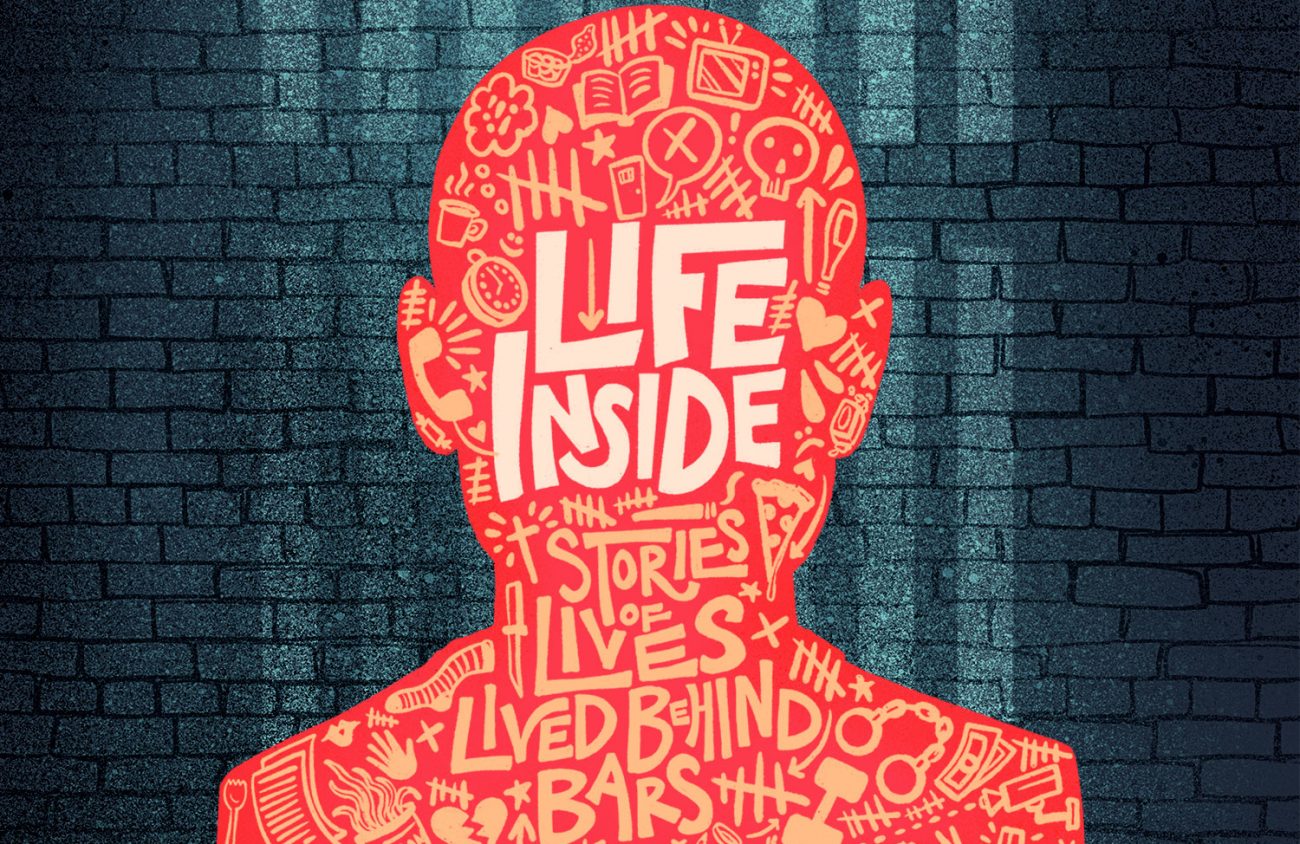Less than a mile and a half from the pretty, golden-domed state Capitol building in the heart of sleepy Salem, invisible behind a 25-foot-high concrete perimeter wall, sits Oregon State Penitentiary (OSP), the state’s oldest prison.
Inside the walls is a 22-acre self-contained city featuring Oregon’s second-largest commercial laundry, a furniture factory, a metal fabrication shop, a call center, vocational and hobby shops, an infirmary, two recreation yards — and four cell blocks, three of them massive Sing Sing-style “cages within cages” that look like the setting of every grim prison movie ever made: parallel rows of barred units, 40 cells long, five tiers high, narrow metal walkways, nothing but concrete and steel.
This place is home to more than 2,000 men, although “home” is not the word that comes to mind to anyone who lives — or visits — here.
I had been coming here twice a month for more than four years to run a writing group I founded for “lifers,” men serving either life with (the “with” being a possibility of parole) or life without (meaning they will die in prison). The group started with three participants and had grown to 11.
It started cautiously. It continued with a force and power I never could have predicted.
I was a writer looking to work with people who wanted to write. I saw writing as a way to give voice to the voiceless, which those behind bars certainly were. I saw writing as not merely self-expression but as deep self-administered therapy, a way to process and learn from experience, a way to understand and make sense out of a life that needed making sense out of.
That would be everyone’s life, of course, but I was thinking about the kind of lives that got people into prison and the lives, the very long lives, those people lived once they got there.
I was thinking about not only the people who lived those lives but the rest of us, the ones who make the laws and pay the taxes to support the criminal justice and corrections systems, the ones who sit on juries that sentence people to places like the one I started volunteering in.
I was thinking about how ignorant we are about what happens inside these places. We think we know much more than we do.
Occasionally, we hear news of a riot or a lockdown, a suicide, the release of an innocent person long incarcerated. Every few years, an exposé surfaces about sweltering cells in Southern prisons, or cruel and ill-trained guards at private prisons.
Meanwhile, we remember scenes from Shawshank Redemption or binge-watch Orange is the New Black, and we figure we know what is what. But of course we don’t.
Our ignorance, I was coming to think, is actually purposeful and, in odd ways, strategic. On the one hand, the prison system itself has a vested interest in keeping the world behind bars hidden from us. Our ignorance means we are less likely to interfere with operations, to suggest new policies, to scrutinize budgets, to make a fuss. It makes running the system easier and more efficient for those who run the system.
Of course, it also serves to hide everything from outright abuses to casual cruelties to daily boredom. And that is so easy to do. All it takes is tight control of the flow of information, so very simple in a self-contained world that is all about control.
On the other hand, the prison-as-hidden-world works for us too. The murkier and more unknowable that world is, the easier it is for us not to care, the easier it is for us to feel no connection to the people inside. What does this alien netherworld have to do with us anyway?
Maybe a lot. Maybe more than we want to consider.
The people who can teach us about that world are the people who live there, the people whose “home” is behind bars. I started the writers’ group to help and encourage lifers at OSP to write about their lives so that I could learn about this hidden world. So that we all could.
I thought I could help teach these men how to craft stories while they educated me about prison life. I needed to know — I thought we all need to know — who these people are that we put away, far away from us, for life, in a country that puts more people in prison than any other country on earth.
We needed to know what “life” means when that life is spent almost entirely behind bars.
The stories they wrote, and continue to write, are sad and funny, startling and predictable, brave, scary, powerful, often deeply insightful, sometimes hard to read. I wrote about the group and the men and what I learned in my recent book, A Grip of Time: When Prison is Your Life.
Here is another story from inside, where real life is being lived, where lives of meaning are being crafted against all odds.
Lauren Kessler’s newest book, A Grip of Time: When Prison is Your Life, takes readers into the world of a maximum security prison and the minds and hearts of the men who live there. Two-time winner of the Oregon Book Award, she is the author of 10 works of narrative nonfiction. She (and her books) will be at the Holiday Market “Authors and Artists Fair” at the Lane County Fairgrounds, 10 am to 2 pm Saturday, Dec. 7.
